Bond insurance, also known as a surety, has one purpose. It protects your customers and gives them some level of recourse if your business provides them with inadequate services. There are around 25,000 different types of sureties, and they fall into four general categories:
• License and permit – This surety is required by law and may be needed before you get a business license.
• Fidelity – This surety protects your business from financial loss as a result of employee theft or embezzlement.
• Business service – This surety protects your customers from your employees who may steal from them. It is voluntary and is primarily used by janitorial services.
• Contract – This surety protects your business if you need to meet deadlines and stay within budget. This surety is common with construction companies.
If your business is involved in a civil court proceeding, the court may require your business to get a type of surety known as a court bond. You will need to get this before your trial begins.
How does it work?
There are three parties involved in a surety. The principal is your business, which purchases this insurance. The customer that hires your business is the second party. The third party is the surety company.
If your business fails to live up to any part of a contractual work agreement, such as poor workmanship, fraud, or work abandonment, then your customer can file a claim with your surety company. If the claim is approved, then the surety company will compensate your customer for damages. Your surety company will then seek reimbursement from you for the damages your company caused.
Sureties are important for your customers because it gives the reassurance that if something goes wrong, they will be compensated. Sureties are also important for your business. It gives you a selling point that you can present to your potential customers by letting them know that they will be compensated if your work does not meet their contractual expectations. Be sure to talk to a representative at your local insurance company to see which type of surety is best for your business.
MORE POLICIES
Auto
Business
Home
Life
Toys




